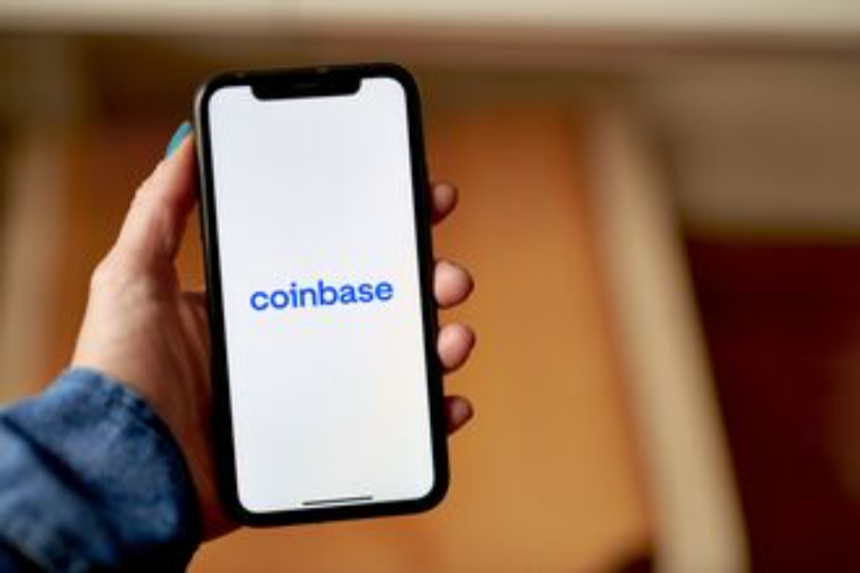After a seven-year absence, Coinbase Global Inc. said it will resume offering crypto services to residents of Hawaii, the only state where it didn’t operate.
The biggest US digital-asset exchange credited changes in local regulatory guidance with its decision to return to the Aloha State, which is home to about 1.4 million people. Hawaiians will now be able to trade cryptocurrencies and earn interest on their holdings through staking, a process where tokens are used to facilitate blockchain transactions, the San Francisco-based company said in a blog post Tuesday.
Coinbase exited Hawaii in 2017 due to a requirement for digital-asset businesses to have a money-transmitter license and to maintain fiat reserves in an amount equal to the aggregate value of digital currency funds held on behalf of customers. That requirement was dropped at the end of June, as the Hawaii Department of Commerce and Consumer Affairs Division of Financial Institutions said digital currency companies will no longer be required to have a Hawaii-issued money transmitter license to conduct business within the state.
“We know there’s a lot of interest among Hawaiians to finally avail themselves of our services, we are super excited,” Faryar Shirzad, chief policy officer at Coinbase, said in an interview.
Coinbase’s return to Hawaii coincides with an evolving US regulatory climate, with the Securities and Exchange Commission earlier this year approving exchange-traded funds to directly hold Bitcoin and Ether. Coinbase remains embroiled in litigation with SEC over allegations that it was operating as an unregistered securities exchange. Coinbase disputes the assertion and has filed a countersuit against the agency.




